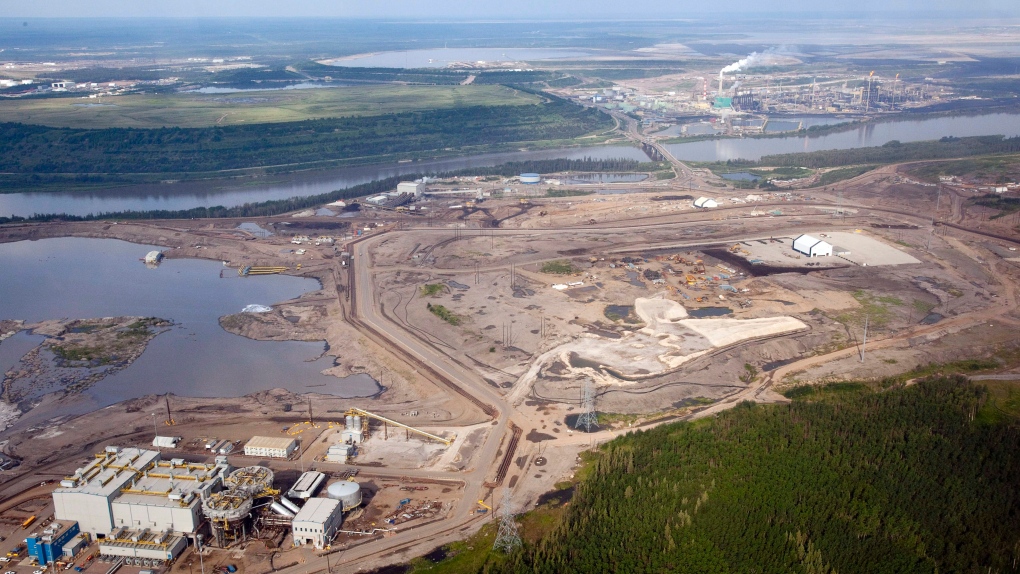Carbon emissions from Canada’s oil sands are being “severely” underreported, a new study published in the journal Science suggests.
Using aircraft-based measures, the study authors found that the total carbon emissions from the Athabasca region of Alberta exceeded industry-reported values by 1,900 to 6,300 per cent, suggesting the “traditional” way of calculating pollution “severely underestimates emissions.”
The oil sands in that region produce about three million barrels daily of crude bitumen, which is oil that is too thick to flow on its own.
“These large emission rates were 20 to 64 times greater than those in the Alberta Emissions Inventory Report and Canada’s National Pollutant Release Inventory,” reads the study, led by a team of researchers at Yale University and Environment and Climate Change Canada.
The researchers looked at carbon emissions from surface mining, as well as extraction from deeper deposits, from April to July 2018.
They found that the way industry measures and monitors emissions from oil sands focuses on a “limited” subset of organic carbon compounds released into the atmosphere.
There are many compounds currently being “unaccounted for” in the measurement approach, including volatile organic compounds (VOCs), intermediate-volatility organic compounds (IVOCs) and semi-volatile organic compounds (SVOCs), the study notes.
Environment and Climate Change Canada and Natural Resources Canada did not immediately respond to requests for comment.
Why does this matter?
Without proper reporting on the vast pollutants the oil and gas sector — the largest contributor to emissions in Canada — produce, the “challenges are evident” for areas around the oil sands, the researchers stress.
They note that reporting gaps may include “hazardous, reactive, or secondary air pollutants,” which can affect human health and climate.
“The full air quality and environmental impacts of oil sands operations cannot be evaluated without more realistic inclusion of IVOCs and SVOCs in emissions reporting,” the study reads.
“Complete coverage” of the pollutants produced by the oil and gas sector is necessary to inform science-based policies, the researchers argue.
With editing by CTV.ca’s Noushin Ziafati.







